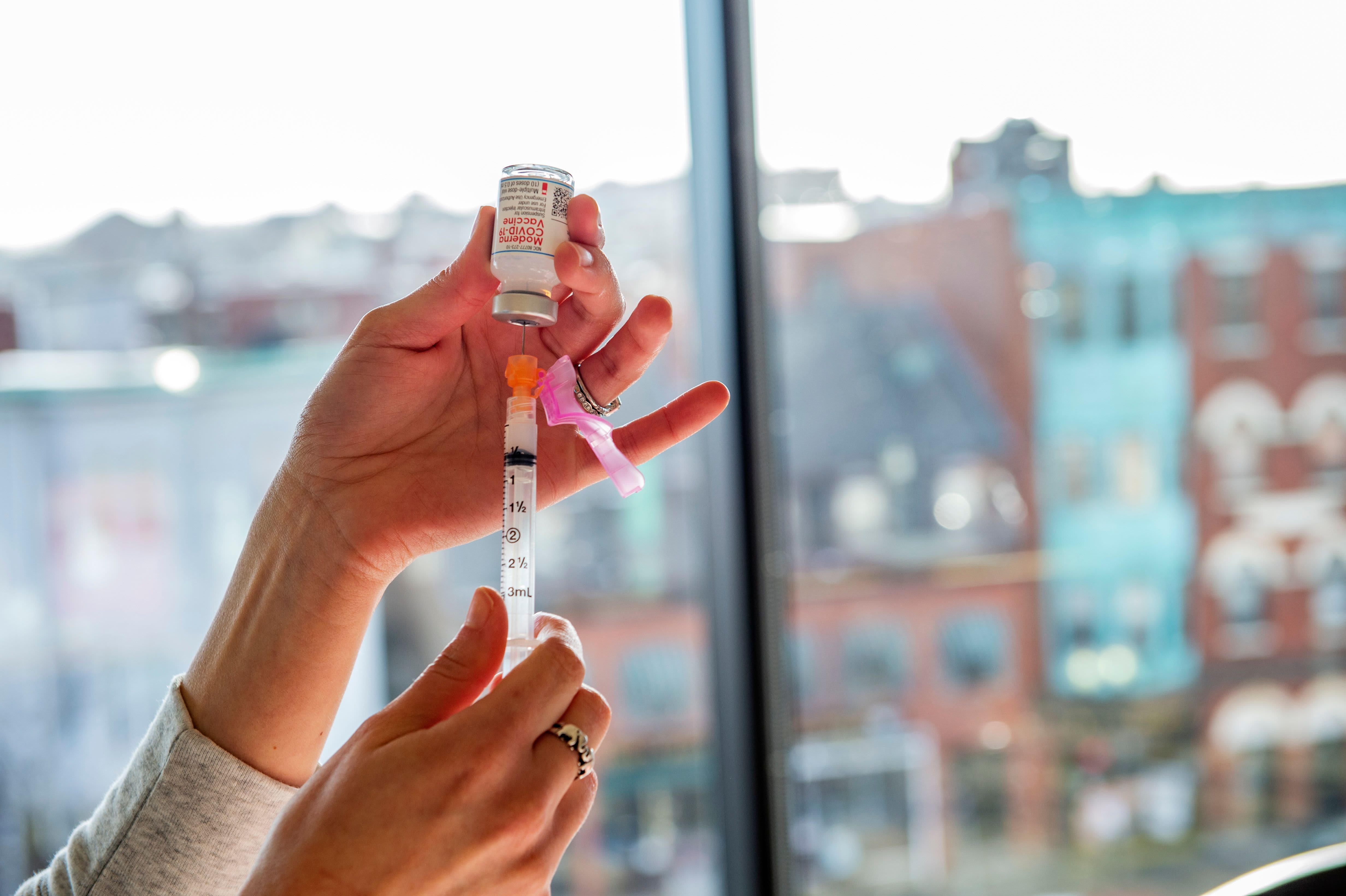As the COVID-19 vaccine is rolled out to health care workers across the country, Chief Medical Officer for Mercy Hospital Dr. Mark Multach is debunking some common myths about the vaccine.
Myth 1: The vaccine is rushed.
DR. MULTACH: The vaccine has been created on a short-term timeline, but let’s think of this in the context of the flu vaccine. We make the flu vaccine in six months every year. It’s the same vaccine every year that we make, but each year, we update it. The same thing that was done with this. The tech that was used by Pfizer and Moderna is the technique that’s been around for 10 and 15 years. All they did was simply fit it for COVID. So, it takes a lot less time than creating a whole new one from scratch.
CORONAVIRUS LATEST
Myth 2: The vaccine causes infertility in women and issues in men.
DR. MULTACH: There’s been no data that that’s the case. There’s been nowhere in the world that we’ve seen that.
Myth 3: The vaccine edits or changes DNA.
DR. MULTACH: Understand the two that we have, the Pfizer and the Moderna, don’t have any DNA in them whatsoever. They are RNA. RNA is made by DNA, not the reverse. We can’t put RNA into DNA, and RNA can’t create DNA to go back into the DNA, so there’s no way that that could happen with these two vaccines.
Myth 4: The vaccine causes COVID-19.
DR. MULTACH: These two vaccines don’t have live viruses. This is not like some vaccine that uses a weakened virus to produce an immune response.
We've vaccinated close to a thousand people at this point, and we have not seen any side effects. It appears to be very safe both from the literature and what we're seeing ourselves. I think people have to balance. We see our loved ones that are getting sick. Most of us have loved ones that have died or who’ve come out of the hospital and they’re not the same. This is a way of preventing this.
What about those who are concerns about the long-term effects that wouldn’t come up right now or within the next year?
DR. MULTACH: That’s a great question to ask, but with the technique with this vaccine, we've used this in the past. It's not caused long-term side effects, so there’s no reason that just changing the virus we’re protecting you from could cause any long-term problems.



